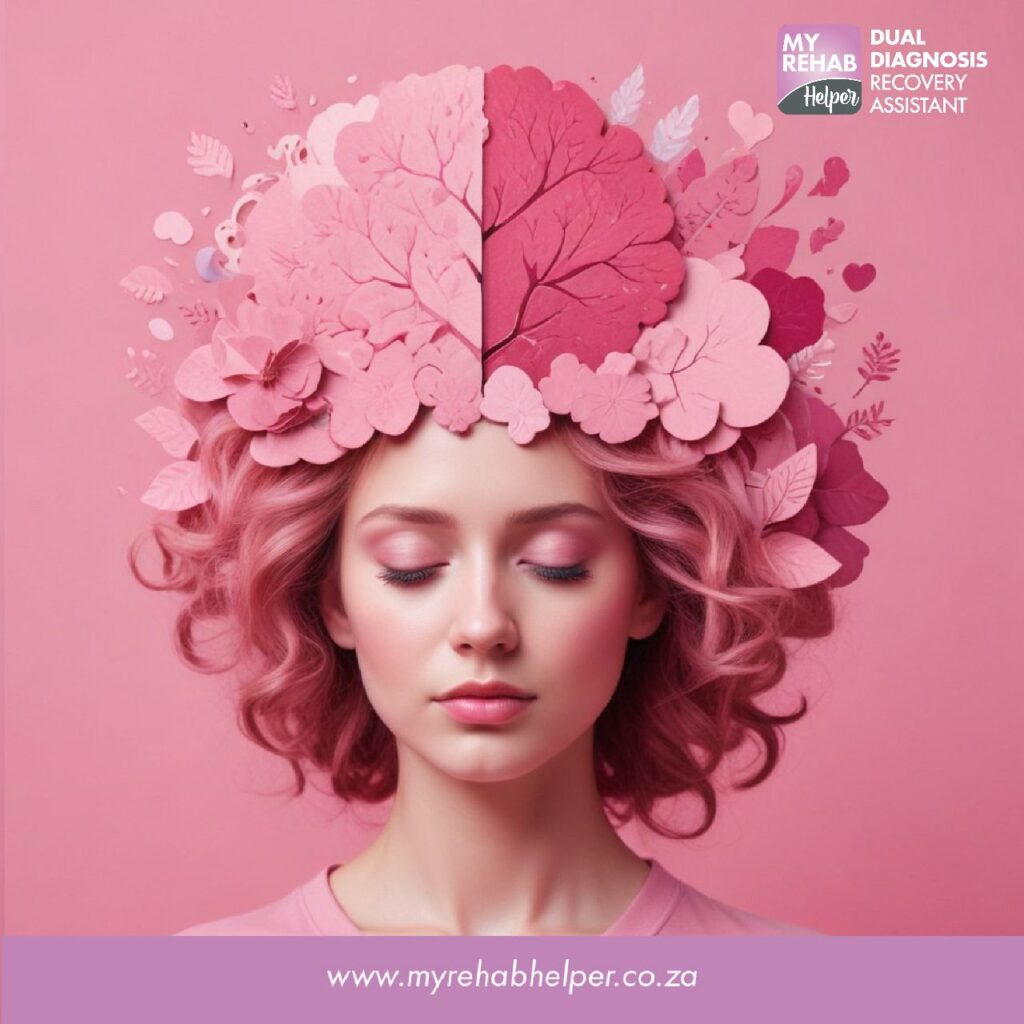
Outpatient Rehab for Women
Outpatient Rehab for Women
Outpatient rehab for women provides us with a supportive environment to reclaim our lives from addiction. We benefit from various tailored therapy options that focus on our whole well-being, not just the addiction. Individual counseling, group therapy, and holistic approaches like mindfulness and art therapy help us heal. A strong support network is essential; we foster connections that empower us throughout our recovery journey. This community encourages sharing experiences and building lifelong relationships. The focus on ongoing support guarantees we maintain our progress well after the program ends. There’s so much more to discover about the resources and benefits available to us.
Outpatient Rehab for Women: Key Takeaways
- Outpatient rehab programs for women provide a supportive environment to reclaim lives from addiction through tailored therapy options.
- Individual counseling, group therapy, and holistic approaches address emotional, mental, and physical well-being during recovery.
- Strong support networks foster empowerment, belonging, and shared experiences among women navigating their recovery journeys.
- Ongoing alumni engagement encourages lifelong connections and continued support after program completion.
MyRehab Helper is an outpatient drug and alcohol
MyRehab Helper’s outpatient drug and alcohol program offers women a supportive environment to reclaim their lives from addiction. We recognize that each woman’s journey is unique, and that’s why we provide various therapy options tailored to meet individual needs. Our programs include individual counseling, group therapy, and holistic approaches that focus on the whole person, not just the addiction.
In this supportive atmosphere, we encourage women to share their experiences and connect with one another. Building strong support networks is essential to recovery, and we foster relationships that empower women to lift each other up. These connections help create a sense of belonging, making it easier to navigate the challenges of recovery together.
We also emphasize the importance of ongoing support beyond our sessions. Our alumni network allows women to stay connected and continue sharing their journeys long after completing the program. By combining effective therapy options with robust support networks, we’re committed to helping women regain control over their lives and pursue lasting recovery. Together, we can create a brighter future, free from the grips of addiction.
MyRehab Helper
How can we best support women on their journey to recovery? At MyRehab Helper, we believe in a thorough approach combining support groups and holistic therapies. By fostering a strong community and providing various therapeutic options, we empower women to heal and thrive.
| Support Groups | Holistic Therapies |
|---|---|
| Build connections | Promote emotional healing |
| Share personal stories | Embrace mind-body practices |
| Gain strength together | Enhance self-awareness |
| Encourage accountability | Foster personal growth |
Through our support groups, women find camaraderie and understanding, which can be incredibly uplifting. These gatherings allow us to share our experiences and learn from one another, creating a safe space for vulnerability and healing. In the meantime, holistic therapies help address emotional, mental, and physical well-being, integrating practices like Pilates, mindfulness practices, and art therapy.
At MyRehab Helper, we prioritize women’s unique needs during recovery. Together, we can create an environment that nurtures growth and resilience, setting the stage for a brighter future. In unity, we’ll help each other rediscover strength and hope.
What Types of Therapies Are Available in Outpatient Rehab for Women?
When we explore the types of therapies available in outpatient rehab, we find several effective options. We’re often drawn to group therapy, where we can share experiences and support one another in a safe environment. Individual counseling also plays a vital role, allowing us to focus on personal challenges with a therapist’s guidance. Together, these therapies help us build coping skills and foster a sense of community on our journey to recovery.
How Long Does an Outpatient Rehab Program Typically Last?
When we look at program duration for outpatient rehab, it typically lasts anywhere from a few weeks to several months, depending on individual needs. We appreciate the treatment flexibility that outpatient programs offer, allowing us to balance recovery with daily responsibilities. Most programs provide structured sessions a few times a week, making it easier for us to integrate therapy into our lives while ensuring we receive the support we need for our journey.
Is Outpatient Rehab Suitable for All Addiction Types?
When we think of addiction as a wild river, we realize that not all tributaries flow the same way. Outpatient rehab can be a suitable option for many addiction types, but its effectiveness often hinges on individual circumstances. For those facing mild to moderate addictions, it can work wonders. Nevertheless, for serious cases requiring intensive support, we might need to reflect on alternative treatment options to navigate those turbulent waters more effectively.
Can Family Members Participate in Outpatient Rehab Sessions?
Yes, family members can participate in outpatient rehab sessions. We believe that involving loved ones enhances family support and fosters a healing environment. Through these sessions, we learn effective communication strategies that strengthen relationships and support recovery. It’s essential for family members to understand the challenges and progress, creating a united front that encourages accountability and compassion. Together, we can build a healthier foundation for lasting recovery and emotional well-being.
What Are the Costs Associated With Outpatient Rehab Programs?
When we consider the costs associated with outpatient rehab programs, it’s essential to factor in insurance coverage, as many plans may cover a portion of the expenses. We should also explore financial assistance options that can help reduce out-of-pocket costs. By researching various facilities and their payment structures, we can find a program that fits our budget while providing the necessary support for our recovery journey.
